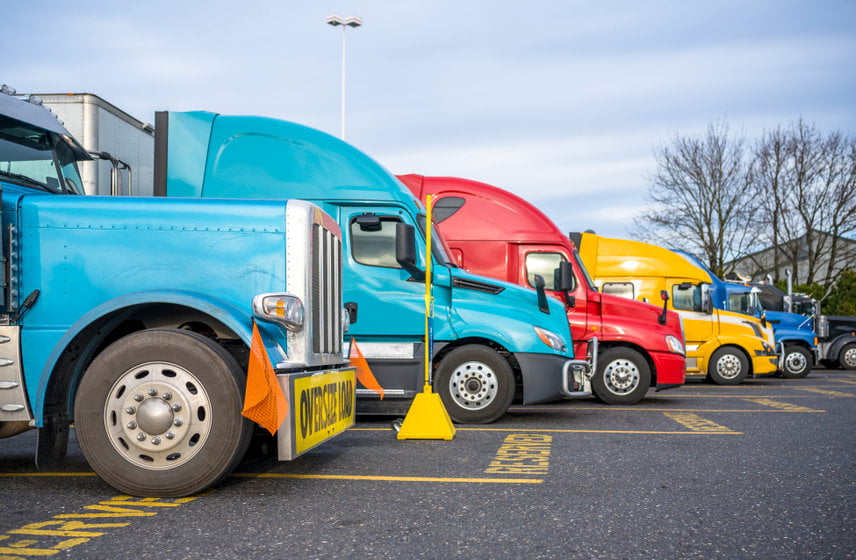
Trucking accidents can be devastating, leading to severe injuries or even fatalities. Understanding the legal aspects of a trucking accident case in Alabama can help you navigate the process and protect your rights. This blog post breaks down the anatomy of a trucking accident case into simple sections that are easy to read and understand.
A trucking accident refers to any collision involving a large commercial vehicle, such as a semi-truck, tractor-trailer, or big rig. Due to their size and weight, these vehicles can cause significant damage and serious injuries when involved in an accident.
In Alabama, trucking companies and drivers must adhere to both federal and state regulations. The Federal Motor Carrier Safety Administration (FMCSA) sets standards for driver qualifications, hours of service, vehicle maintenance, and more. Alabama also has its own rules and regulations governing trucking operations within the state.
Determining liability in a trucking accident can be complex, as multiple parties may be responsible. These can include:
- The truck driver: If they were negligent, such as driving under the influence, speeding, or violating hours of service regulations.
- The trucking company: If they failed to maintain the vehicle, hire qualified drivers, or comply with safety regulations.
- The manufacturer: If a faulty part or design contributed to the accident.
- Other drivers: If their actions contributed to the accident.
Alabama follows a contributory negligence rule, meaning if you are found even partially at fault for the accident, you may not be able to recover damages.
If you are involved in a trucking accident, take the following steps:
- Call 911 and report the accident.
- Seek medical attention, even if you believe your injuries are minor.
- Document the accident scene with photos and gather contact information from witnesses.
- Notify your insurance company of the accident.
- Consult with an experienced trucking accident lawyer.
A knowledgeable trucking accident lawyer can help you navigate the complex legal process and protect your rights. They can:
- Investigate the accident and gather evidence to establish liability.
- Handle communications with insurance companies and other parties.
- Advocate for fair compensation for your injuries and damages.
- Represent you in court, if necessary.
In conclusion, understanding the anatomy of a trucking accident case in Alabama can help you feel more confident and informed as you navigate the legal process. By breaking down the case into simple sections and using clear language, this blog post aims to make the complex world of trucking accident law more accessible and engaging. If you or a loved one has been involved in a trucking accident, consult with an experienced injury attorney to ensure your rights are protected.
Leave a Reply